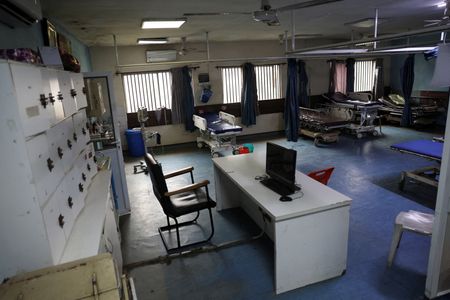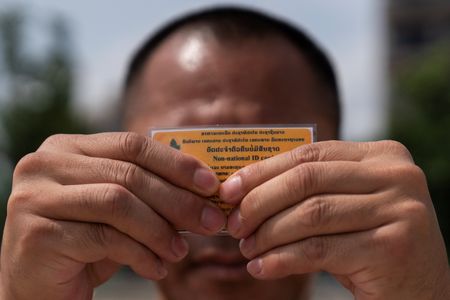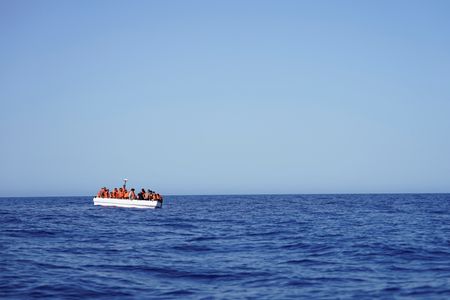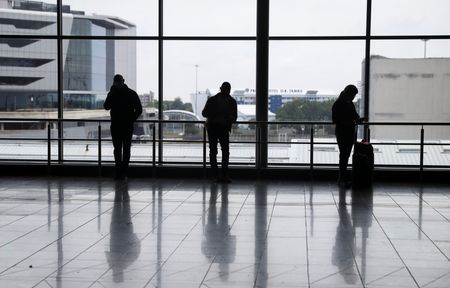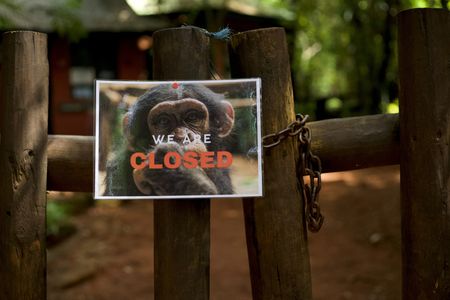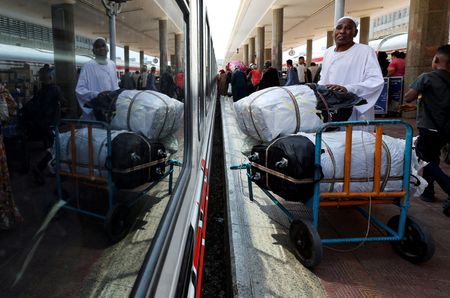ACCRA (Reuters) -Ghana’s Supreme Court on Wednesday dismissed two separate cases challenging the legality of one of Africa’s most restrictive pieces of anti-LGBT legislation, paving the way for the president to sign it into law.
The West African nation’s parliament unanimously approved the bill in February. It increases a crackdown on the rights of LGBT people and those promoting lesbian, gay or other non-conventional sexual or gender identities.
However, President Nana Akufo-Addo delayed signing it pending the challenges filed at the Supreme Court.
Amanda Odoi and Richard Sky, both lawyers, filed separate challenges to the bill, seeking to declare it illegal and prevent the president from signing it.
Justice Avril Lovelace-Johnson, from the seven-member panel court, said in the televised ruling that the cases were premature.
“Until there’s presidential assent, there is no act,” she said, adding the two cases were “unanimously dismissed”.
Lawyers for Odoi and Sky told Reuters they were disappointed by the ruling and would examine their options after studying the full judgment.
A coalition of Christian, Muslim, and Ghanaian traditional leaders sponsored the legislation.
Gay sex was already punishable by up to three years in prison before this legislation. The bill now also imposes a prison sentence of up to five years for the “wilful promotion, sponsorship, or support of LGBTQ+ activities”.
Supporters of the bill have been pushing for its promulgation despite a finance ministry warning that it could jeopardise $3.8 billion in World Bank financing and derail a $3-billion loan package from the International Monetary Fund to help Ghana out of an economic crisis.
“I think that just this pronouncement, this kind of formalism, actually puts at risk, the lives and health of members of the (LGBT) community and some of us who are human rights defenders,” Abena Takyiwaa Manuh, senior fellow of Accra-based Centre for Democratic Governance, said from the court.
“They can now do their worst.”
(Reporting by Maxwell Akalaare AdombilaEditing by Christina Fincher and Gareth Jones)

